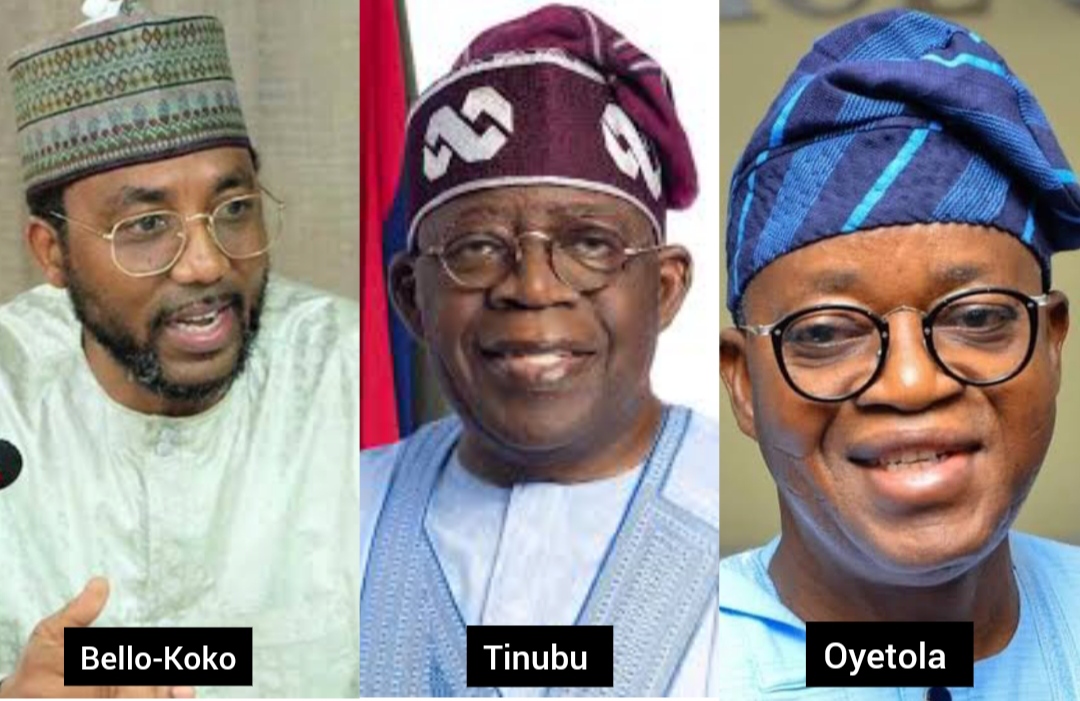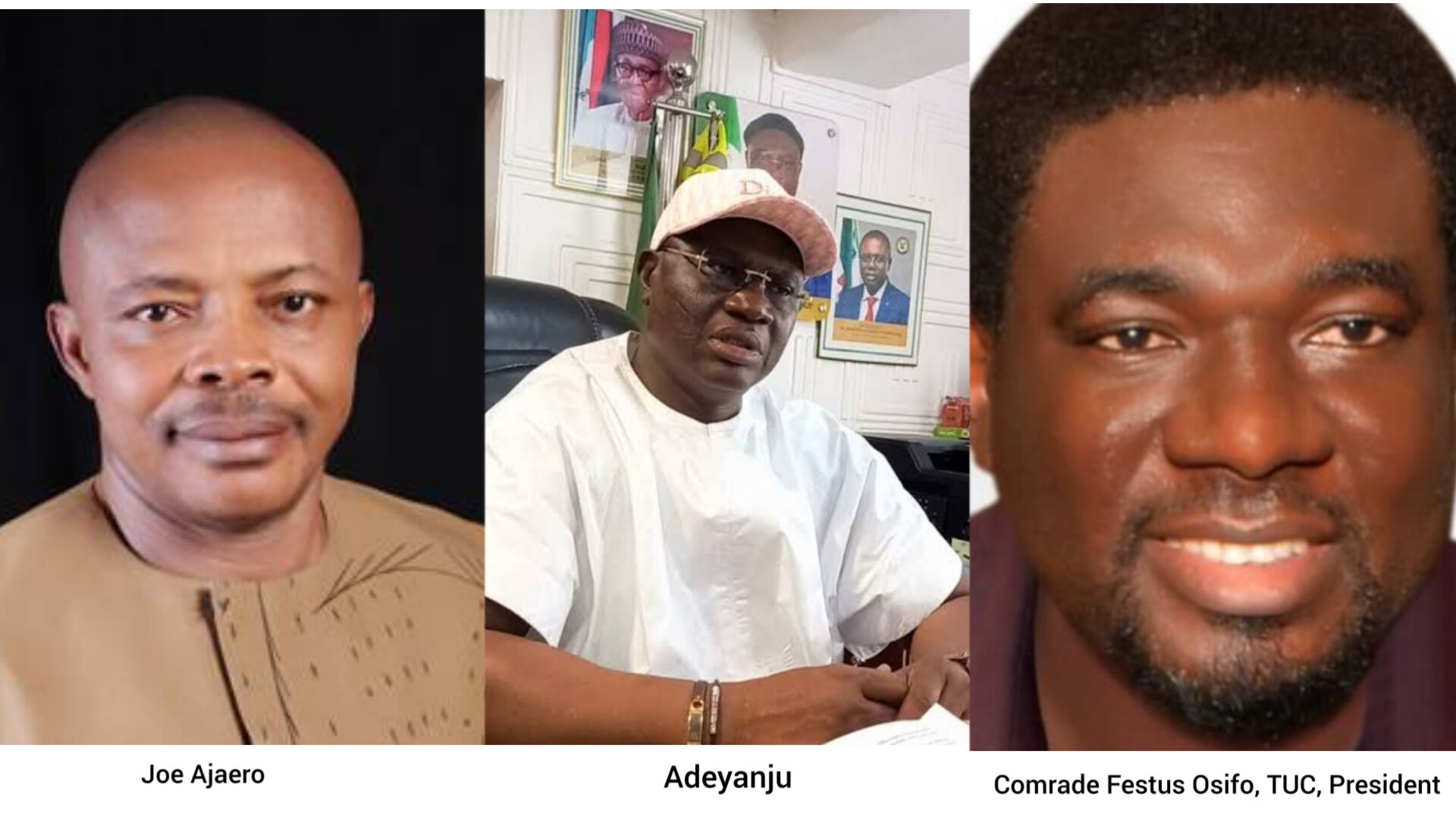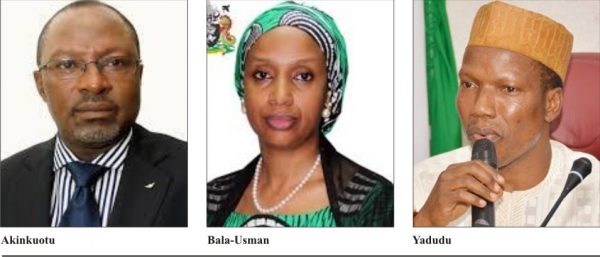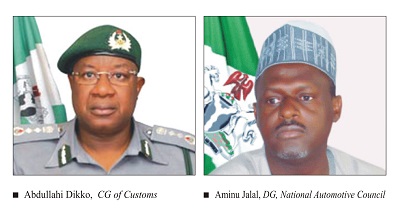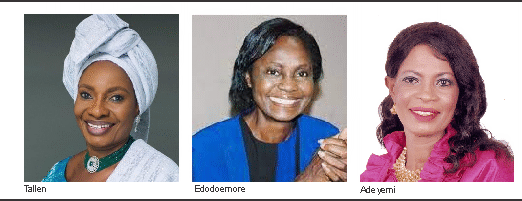PMS And The Pump Price Dilemma
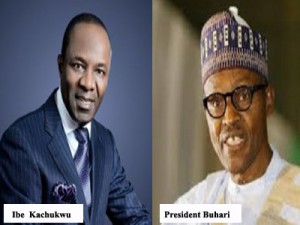 It is no longer news that the federal government of Nigeria has finally put an end to the payment of subsidy on petrol, a decision which had crumbled the economy when it was first introduced in 2012. The federal government also took another daring step to ensure the reduction in pump price of petrol from N97 per litre to N86.50 per litre at NNPC stations and N87 at other outlets.
It is no longer news that the federal government of Nigeria has finally put an end to the payment of subsidy on petrol, a decision which had crumbled the economy when it was first introduced in 2012. The federal government also took another daring step to ensure the reduction in pump price of petrol from N97 per litre to N86.50 per litre at NNPC stations and N87 at other outlets.
The Department of Petroleum Resources (DPR) has been very active in ensuring that filling stations comply with the new price of PMS. They have shut down several filling stations across the nation, while they forced some stations to dispense free to consumers as punishment for selling above the Federal Government’s approved price.
Today, there seems to be substantial compliance by fuel marketers in most parts of the country with the directive to dispense fuel at N87per litre, but most marketers have simply adjusted their metres to comply with the new pump price of Premium Motor Spirit (PMS).
The problem is that major oil marketers sell to owners of filling stations at the approved N87, while some others are only generous enough to sell for 50k less than the pump price of the product. This has put the minor marketers in a quagmire because selling at the N87 benchmark would mean they would run at a loss, while selling above the benchmark would expose them to the wrath of the Department of Petroleum Resources (DPR).
Speaking to MMS Plus on the issue, an oil marker who pleaded anonymity lamented that the DPR ought to control the price of PMS at petrol depots to be able to effectively regulate the pump price at filling stations.
“We buy petrol at N87 naira here at Integrated Oil, and the federal government has said that we must sell at N87 too. Aren’t we businessmen? How do we make profit if we sell at that price? We have not transported the petrol to our stations and we have not calculated the cost. Many people are out of business as a result of this and something has to be done very fast” he blurted out.
The marketer revealed that he had two options which include adjusting his metre to ensure he doesn’t run at a loss or brace himself for the worst from DPR and sell above the stipulated price in order to make profit.
Another marketer told MMS Plus unequivocally that was no way the sanction of DPR would deter him from selling above official price.
“It is either they close the depots or the product will still be sold at high cost until the depot sells at a lower price. How can I buy something for N87 and sell it for N87? It’s just not possible” he said.
Meanwhile, the absence of the usual subsidy component in the latest Petroleum Products Pricing template from the Petroleum Products Pricing Regulatory Agency, PPPRA, confirmed the federal government’s decision to officially stop paying subsidy on petrol.
One can only wonder how the federal government can stop the payment of subsidy on petrol and expect to regulate the pump price.
Our investigations show that only the NNPC, major marketers like Conoil, Forte Oil, Oando, AP, Mobil, Total and few independent marketers sell PMS at the official pump price. The reality on ground is that only fuel stations located mostly in high-brow areas of Lagos and Abuja can honestly sell PMS at N87 per litre, for others, especially those in other parts of Nigeria, petrol is sold at different pump prices or they find a way out of the dilemma by altering their metres to cover for their loss.
MMS Plus investigations reveal that owners of the fuel stations in Owerri, Imo state sell at N125 and in Umuahia, Abia State it sells at N120. While in Ekiti and Ibadan, Oyo State were selling at the old price of N97 per litre.
Since Nigeria depends heavily on the import of petrol as about 95% of the product consumed in the country is imported, predicting the future of the product remains very uncertain despite assurances from the Minister of State for Petroleum, Ibe Kalichuku.
Although the federal government has reiterated its plans to revamp the existing refineries as well as building new ones, we still have to import the commodity in the short term, yet there is no provision for subsidy in the 2016 budget.
Recently the Kaduna Chapter of Independent Petroleum Products Marketers Association of Nigeria, IPMAN, attributed the lingering fuel scarcity across the country to the failure of the Minister of State for Petroleum to tackle the corruption in Nigerian National Petroleum Corporation, NNPC.
The marketers said the extortions and other sharp practices at the PPMC/NNPC seemed to be defying all interventions by successive administrations in Nigeria. They expressed worry over the new cabal at the corporation who specialize in extorting money from IPMAN/ AMFSON members before issuing allocation of petroleum products.
IPMAN also alleged that kerosene allocations promised by the Minister of State for Petroleum, Ibe Kachikwu were yet to reach its members and they opined that the allocations had been diverted to Kachikwu’s relations and friends.
There is no doubt that Kachikwu is out to do the best for the petroleum industry but he should be watchful so his subordinates do not ridicule his efforts by destabilizing the Independent Petroleum Marketers Association of Nigeria (IPMAN) which would bring more harm to the petrol industry that looks like a missile waiting to explode.
By Kenneth Jukpor



